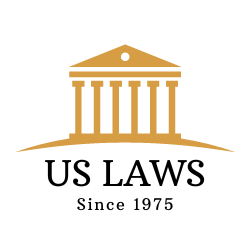Top 7 things about the First Amendment
September 9, 2022
0 Comments
The First Amendment is something very important to every American, even these days, which is why we should all know what it is about. It is the very document indicating our basic rights in the Constitution.
In this article, we will tell you about the seven most important things from the First Amendment that every American or immigrant should know about or may be interested to find out.
Learning About the First Amendment Principles
The Bill of Rights contains a lot of important information that is still relevant these days, but there are some basic principles that you should know about from the First Amendment, and we are going to list them further on:
- The First Amendment protects the basic rights of every American, such as speech, religion, assembly, press, and petition freedoms. Not every country can enjoy the same amount of rights indicated in its Constitution, which is why America stands out in its freedoms from all other countries.
- The rights and freedoms that the First Amendment protects qualify for all people, meaning that you do not need to have citizenship in order to use them while in the States. What is more, these rights are given to you from the second you are born in the USA.
- Our Founders specifically demanded these rights be documented in the Constitution and not in some other document so that they could not be withdrawn later in history.
- The First Amendment has no divisions into the left or right political wings, meaning that it protects everyone no matter their political preferences, religion, or even citizenship.
- The First Amendment protects us only from possible desires of our Government to restrict our freedoms. That way, a company can have its own rules during work times that you need to agree with, but our Government cannot do the same.
- One of the fundamental principles of the First Amendment is our right to withhold information and not be restricted in access to the information provided by others. That way, you do not have to speak out about a certain issue, but you can always hear and read what others have to say.
- Although you might think that the First Amendment protects non-believers only, it also protects those who have a religion. Thus, students can always pray and follow their religious canons, but as long as it does not ruin the school’s day-to-day order and does not involve its staff in the process.
